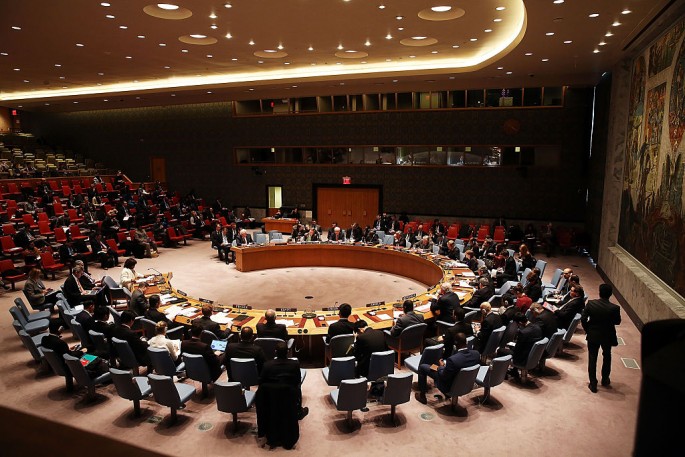Vice Foreign Minister Zhang Yesui, a senior diplomat in the Chinese government, confirmed that China is in favor of the new sanctions imposed on the Democratic People's Republic of Korea (DPRK) by the United Nations Security Council on Tuesday, Feb. 16, China Daily reported.
Zhang made the remark after discussions with ROK First Vice Foreign Minister Lim Sung-nam, according to the Xinhua News Agency. However, Zhang expressed the importance of finding a peaceful solution that can only be brought about by dialogue and negotiations.
Vice Foreign Minister Zhang was in Seoul to attend the 7th China-Republic of Korea High-Level Strategic Dialogue between Foreign Ministries.
The meeting took place as ROK and the United States teamed up to oppose the DPRK's most recent nuclear test and rocket launch.
Foreign Ministry spokesman Hong Lei confirmed Zhang's remarks on Tuesday, stating that China is fully behind the Security Council's decision to pass new sanctions on the DPRK.
According to Hong, the new sanctions should be able to hinder the DPRK from developing its nuclear and missile program. Security Council actions in the future, added Hong, should take this "definite direction."
In a report by Yonhap, ROK President Park Geun-hye reiterated her country's commitment to implement strong measures against the DPRK a few days after officials announced the commencement of the partnership between ROK and the U.S.
South Korea and the United States have joined forces to study the viability of deploying a powerful missile system called the THAAD in the U.S. military base in ROK.
ROK national security official Cho Taeyong also met with U.S. Deputy Secretary of State Tony Blinken during his visit to the U.S. this week to discuss strong sanctions against the DPRK, reported Yonhap.
Zhang already voiced out his opposition to the deployment, which Foreign Minister Wang Yi believes could hurt China's interests in strategic security.
In a statement last Friday, Feb. 12, in Munich, Wang said that China is against the outbreak of war in the Korean Peninsula. China's national security interests must also be safeguarded.
Officials from China, the European Union, Russia and Germany have met with ROK Foreign Minister Yun Byungse to discuss other options in addressing the Korean Peninsula issue.



























